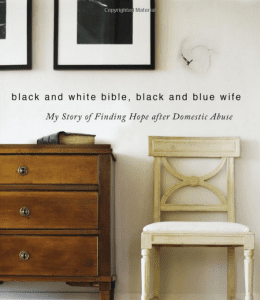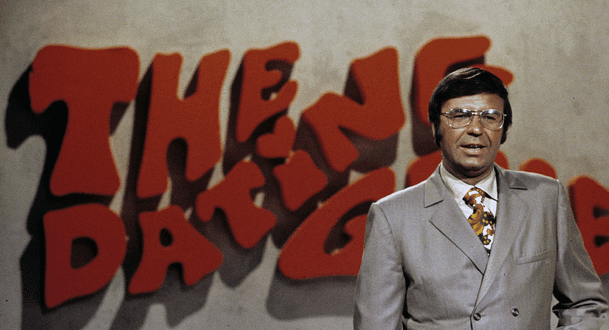Sonja Lyubomirsky’s principal statements about love follow:
She distinguishes “new” love from “companionate” love…
What is love? How does she define love?
American and European researchers tracked 1,761 people who got married and stayed married over the course of 15 years. The findings were clear: newlyweds enjoy a big happiness boost that lasts, on average, for just two years. Then the special joy wears off and they are back where they started, at least in terms of happiness. The findings, from a 2003 study, have been confirmed by several recent studies.
The good news for the holiday season when families gather in various configurations is that if couples get past that two-year slump and hang on — for another couple of decades — they may well recover the excitement of the honeymoon period 18 to 20 years later, when children are gone. Then, in the freedom of the so-called empty nest, partners are left to discover one another — and often their early bliss — once again.
When love is new, we have the rare capacity to experience great happiness while being stuck in traffic or getting our teeth cleaned. We are in the throes of what researchers call passionate love, a state of intense longing, desire and attraction. In time, this love generally morphs into companionate love, a less impassioned blend of deep affection and connection. The reason is that human beings are, as more than a hundred studies show, prone to hedonic adaptation, a measurable and innate capacity to become habituated or inured to most life changes….
Indeed, the condition of being in love has a lot in common with the state of addiction and narcissism; if unabated, it will eventually exact a toll….
WHY, then, is the natural shift from passionate to companionate love often such a letdown? Because, although we may not realize it, we are biologically hard-wired to crave variety. Variety and novelty affect the brain in much the same way that drugs do — that is, they trigger activity that involves the neurotransmitter dopamine, as do pharmacological highs….
When married couples reach the two-year mark, many mistake the natural shift from passionate love to companionate love for incompatibility and unhappiness. For many, the possibility that things might be different — more exciting, more satisfying — with someone else proves difficult to resist. Injecting variety and surprise into even the most stable, seasoned relationship is a good hedge against such temptation. Key parties — remember “The Ice Storm”? — aren’t necessarily what the doctor ordered; simpler changes in routine, departures from the expected, go a long way.











